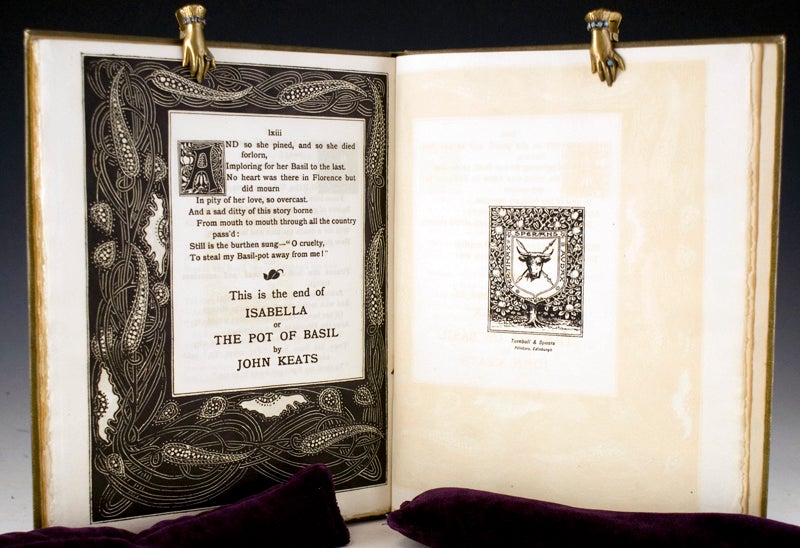
Isabella or the Pot of Basil John Keats
She, to her chamber gone, a ditty fair. Sang, of delicious love and honey'd dart; He with light steps went up a western hill, And bade the sun farewell, and joy'd his fill. 80. XI. All close they met again, before the dusk. Had taken from the stars its pleasant veil, All close they met, all eves, before the dusk.

Isabella or the Pot of Basil John Keats
Authors. John Keats (1795—1821) poet. A narrative poem by Keats, written 1818, published 1820.The poem is based on a story in Boccaccio's Decameron. The worldly, ambitious brothers of Isabella intend that she shall marry a nobleman. When they discover her love for the humble Lorenzo they lure him away, murder him, and bury his body in a forest.

Isabella or the Pot of Basil. by Keats, John Very Good Hardcover (1898) Deeside Books
Isabella and the Pot of Basil by William Holman Hunt, 1868. Isabella, or the Pot of Basil (1818) is a narrative poem by John Keats adapted from a story in Boccaccio's Decameron (IV, 5). It tells the tale of a young woman whose family intend to marry her to "some high noble and his olive trees", but who falls for Lorenzo, one of her brothers' employees.

Isabella or the Pot of Basil by John Keats 1898 W.B Macdougall Private Press eBay
The books to which I am most indebted for the material used in the Introduction and Notes are The Poems of John Keats with an Introduction and Notes by E. de Sélincourt, Life of Keats. Yet they contriv'd to steal the Basil-pot, And to examine it in secret place: The thing was vile with green and livid spot, And yet they knew it was Lorenzo.
Grotesque Organicism in Keats's Isabella; or, the Pot of Basil The KeatsShelley Review Vol
Isabella; or The Pot of Basil Lyrics. I. Fair Isabel, poor simple Isabel! Lorenzo, a young palmer in Love's eye! They could not in the self-same mansion dwell. Without some stir of heart, some.
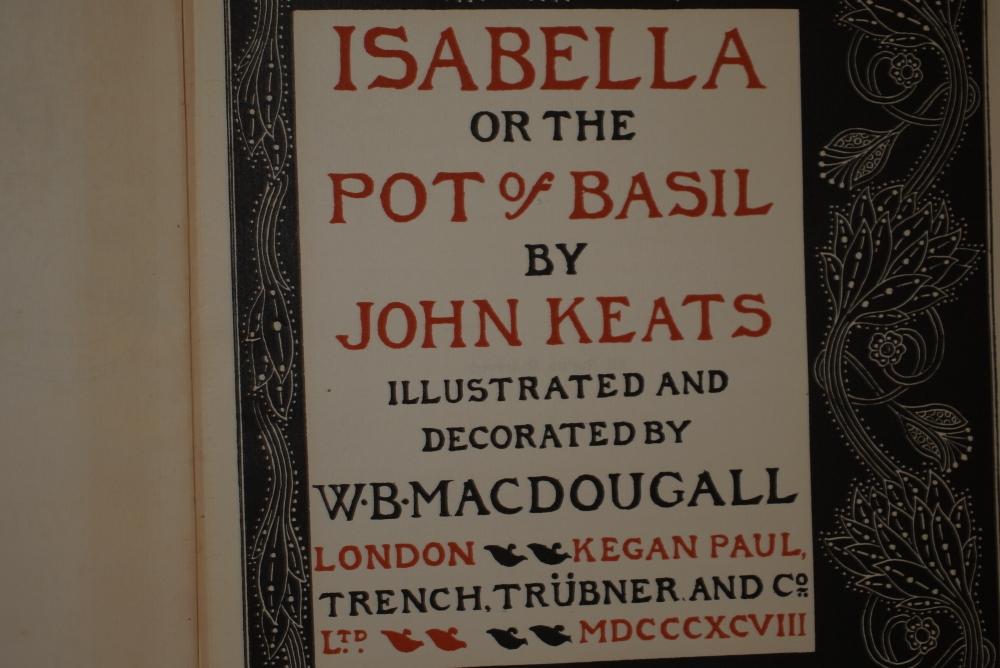
Isabella or The Pot of Basil by Keats,John Very Good Hardcover (1898) First Edition Thus
The "new Romance" that Keats projected to Reynolds would ruffle the market on two fronts, and with gendered force: exposing the delusions of "old Romance" and casting modern meta-Romance, its devices demystified, its spells spelled out, and with such ultimate severity against fair-lady readers as to give Isabella; or, The Pot of Basil.
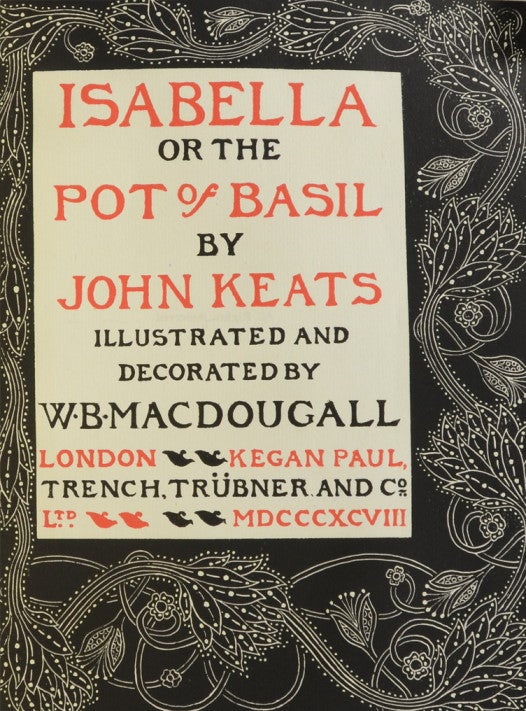
Isabella, or the Pot of Basil Alchetron, the free social encyclopedia
Isabella Or The Pot Of Basil. I. Fair Isabel, poor simple Isabel! Lorenzo, a young palmer in Love's eye! They could not in the self-same mansion dwell Without some stir of heart, some malady; They could not sit at meals but feel how well It soothed each to be the other by; They could not, sure, beneath the same roof sleep But to each other dream, and nightly weep.
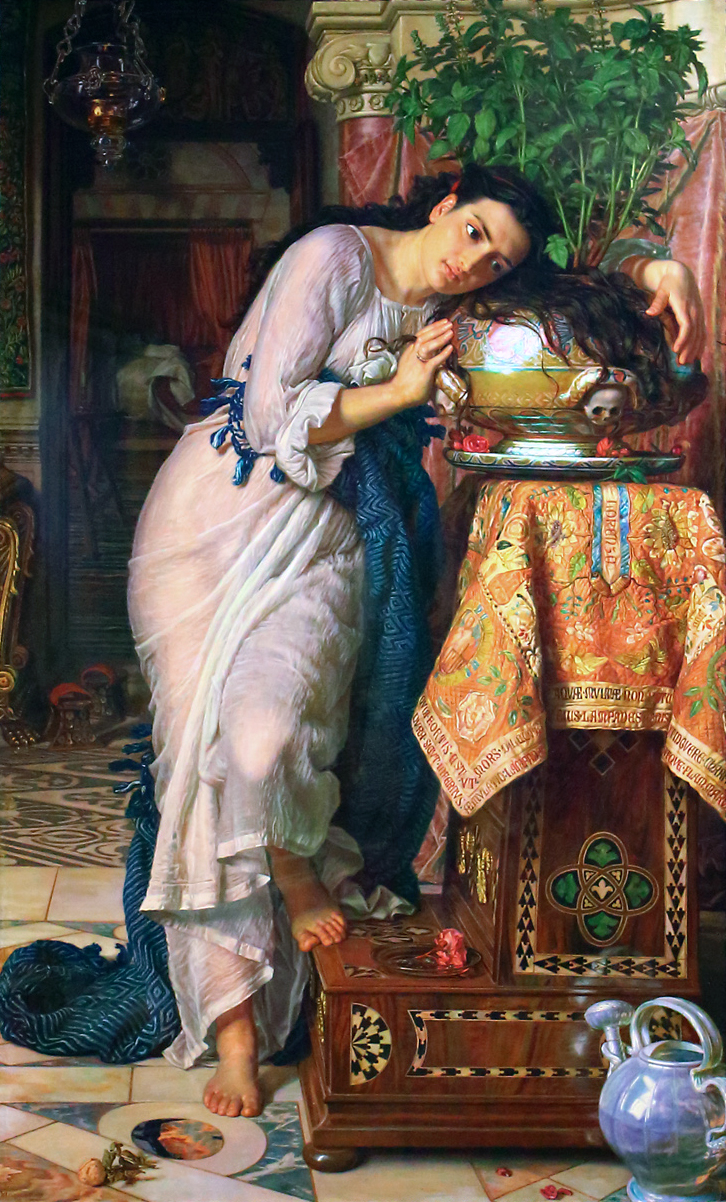
William Holman Hunt Isabella and the Pot of Basil COVE
CONTEXT. Written in 1818 - this is one of Keats' most prolific and famed years in terms of his poetic career; the poem was also published around the same time as Keats' relationship with Fanny Brawne began to blossom.Frances Brawne Linden, otherwise known as Fanny, was Keats' neighbour in Hampstead, London. She was striking and distinctive looking rather than conventionally attractive.

Isabella or the Pot of Basil by Keats, John (1898) Bromer Booksellers, Inc., ABAA
5.0 (6 reviews) OVERVIEW: Click the card to flip 👆. 'Isabella; or, The Pot of Basil' is John Keats poetic English adaptation of a story by the medieval Italian writer Giovanni Boccaccio, and was published in 1820. Fittingly for a medieval romance, it utilises a narrative ballad form and ottava rima rhyme scheme to tell the tragic and rather.

Isabella, or the Pot of Basil by Keats´s friend Joseph Severn The English Romantics
John Keats. John Keats' poem "The Pot of Basil" tells the tragic tale of Isabella, a young woman who falls in love with Lorenzo, a man below her social status. When her brothers discover their relationship, they murder Lorenzo and bury him in a forest. Isabella discovers his body and takes his head, which she keeps in a pot of basil.
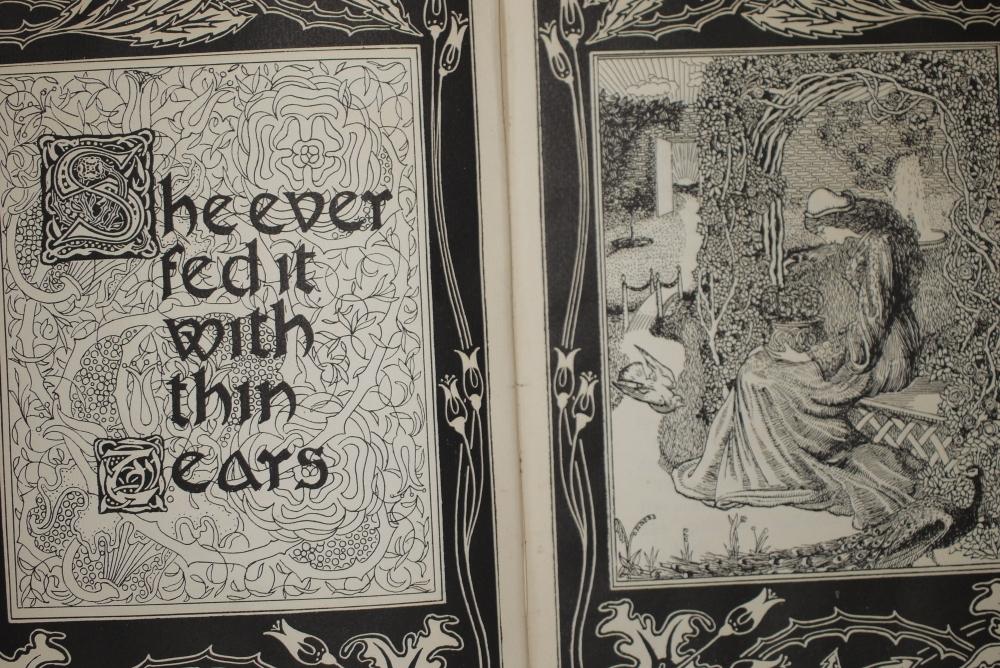
Isabella or The Pot of Basil by Keats,John Near Fine Hardcover (1898) First Edition Thus
Keats claimed not to care for his most critically neglected long romance, Isabella; Or, The Pot of Basil (1818), calling the poem "mawkish," "weaksided, with "an amusing sober-sadness about it.". He tried to dismiss the poem as "too smokeable" and worried that there was "too much inexperience of life, and simplicity of knowledge.
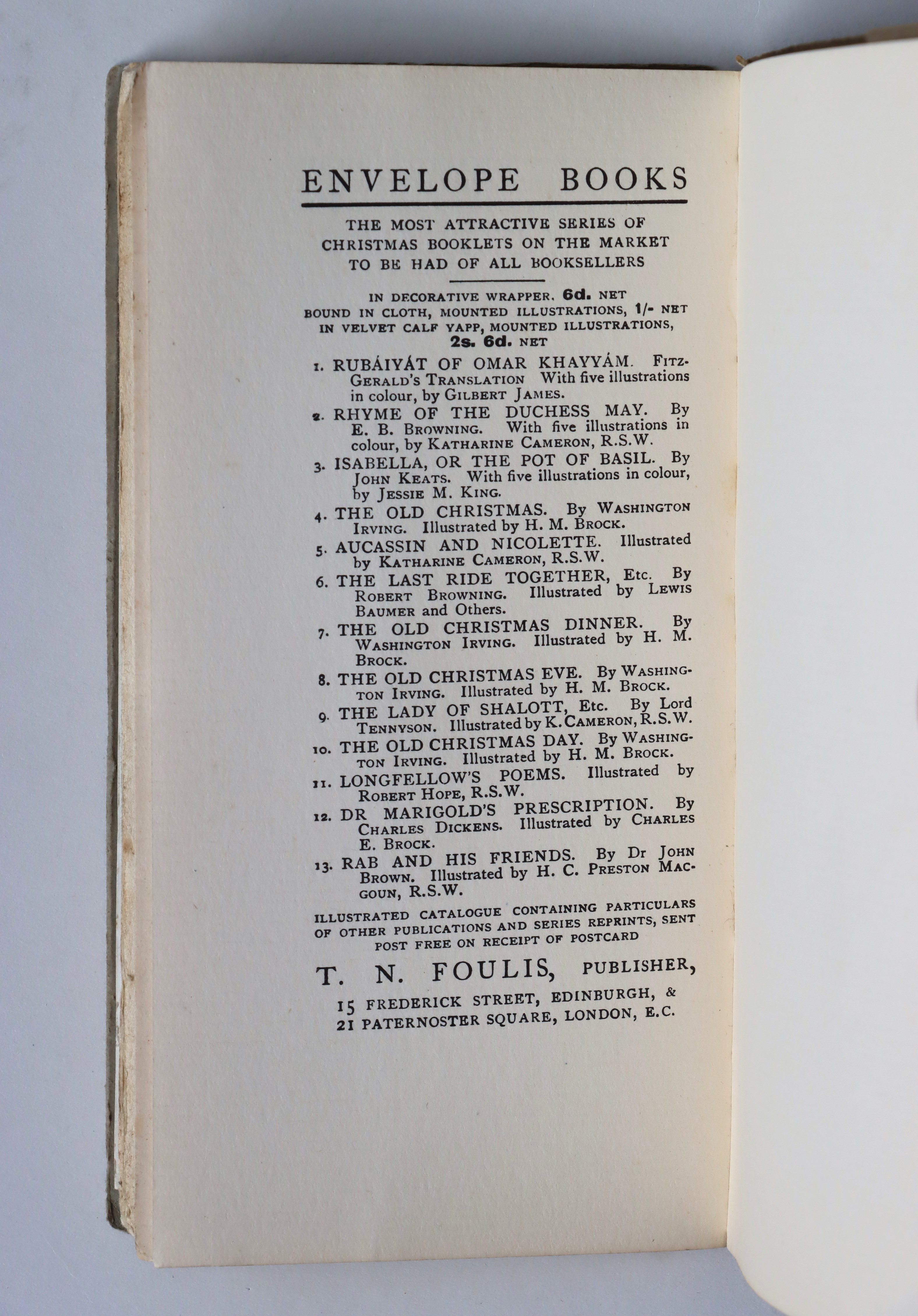
Isabella or A Pot of Basil by John Keats Very Good Soft cover (1910) Morning Mist Books and Maps
And many a jealous conference had they, And many times they bit their lips alone, Before they fix'd upon a surest way. To make the youngster for his crime atone; And at the last, these men of cruel clay. Cut Mercy with a sharp knife to the bone; For they resolved in some forest dim. To kill Lorenzo, and there bury him.

John Keats Isabella; or The Pot of Basil Genius
Summary and Explanation of Isabella Or The Pot of Basil by John Keats: Isabella was a lady from Messina who falls in love with Lorenzo, the administrator of her brothers' fortune. They learn about the meetings of the lovers. At first they are silent to avoid scandal, but one day they invited Lorenzo to a festival outside the city and murdered.

Boccaccio's Decameron, Day 4 Novella 5 cdimatteo
Isabella; or, The pot of basil. A story from Boccaccio Bookreader Item Preview. Keats, John, 1795-1821; King, Jessie M., ill. Publication date 1908 Collection university_of_illinois_urbana-champaign; americana Contributor University of Illinois Urbana-Champaign Language English.
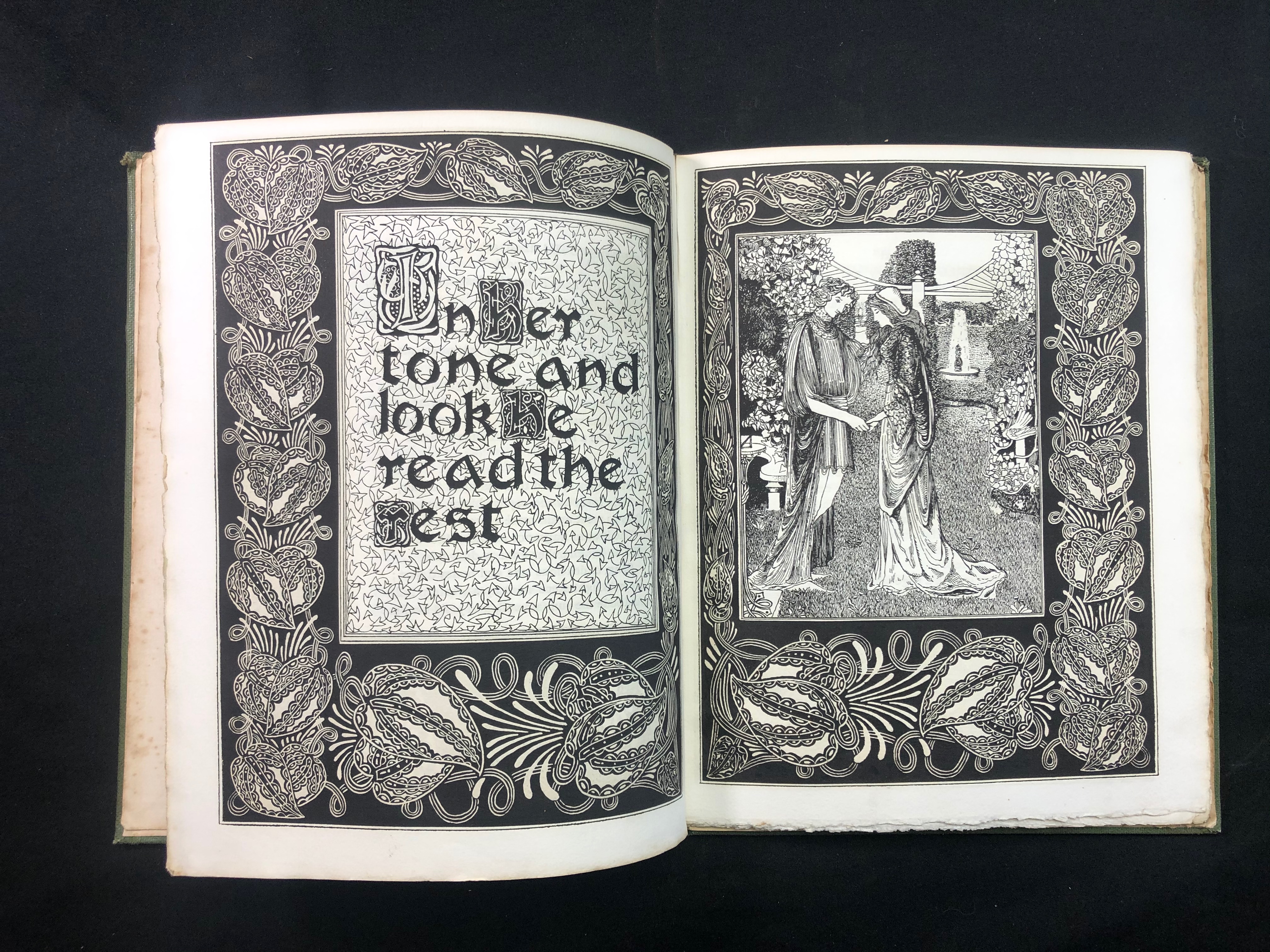
Isabella Or The Pot Of Basil by Keats, John Very Good Hardback (1898) First Edition. Finecopy ABA
10th May 2017. by Aimee Wright. As discovered in the summary of Isabella; or, The Pot of Basil, this is a narrative poem that involves many Romantic ideals, and the obsession that one may have to imagine and to forget about reality. First of all, we are going to analyse Isabella's character, as this is prevalent to the narrative:

Isabella, or The Pot of Basil by John Keats, 1907 Favorite fonts, Pottery painting, Art
Twin roses by the zephyr blown apart. Only to meet again more close, and share. The inward fragrance of each other's heart. She, to her chamber gone, a ditty fair. Sang, of delicious love and honey'd dart; He with light steps went up a western hill, And bade the sun farewell, and joy'd his fill. XI.
- Vlookup Evaluates To An Out Of Bounds Range
- Baseball Bat Steering Wheel Lock
- Tunbridge Wells Half Marathon 2024
- Led Motion Sensor Cabinet Light
- Nike South Africa Rugby Jersey
- Dogwood Trees For Sale Uk
- Ride On Golf Buggies For Sale
- Hinges For Glass Shower Doors
- Ng Kit Cars For Sale Uk
- Lee On The Solent Test Centre